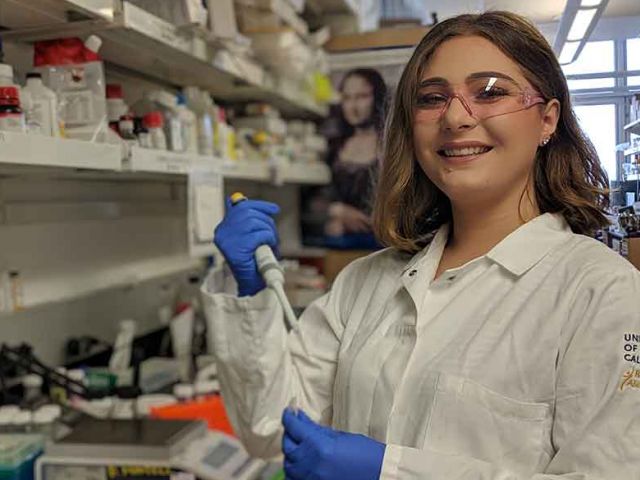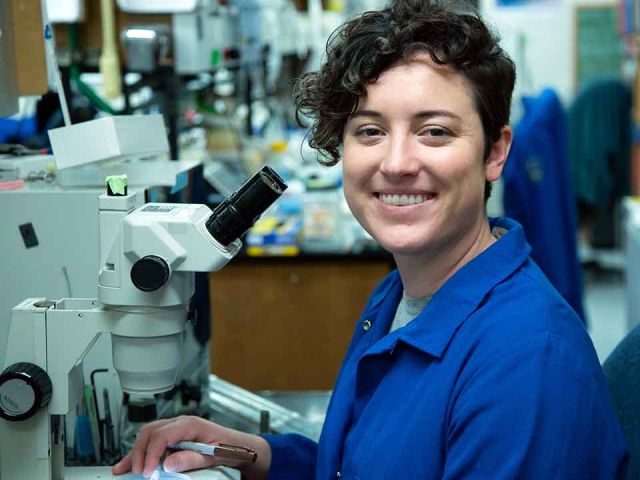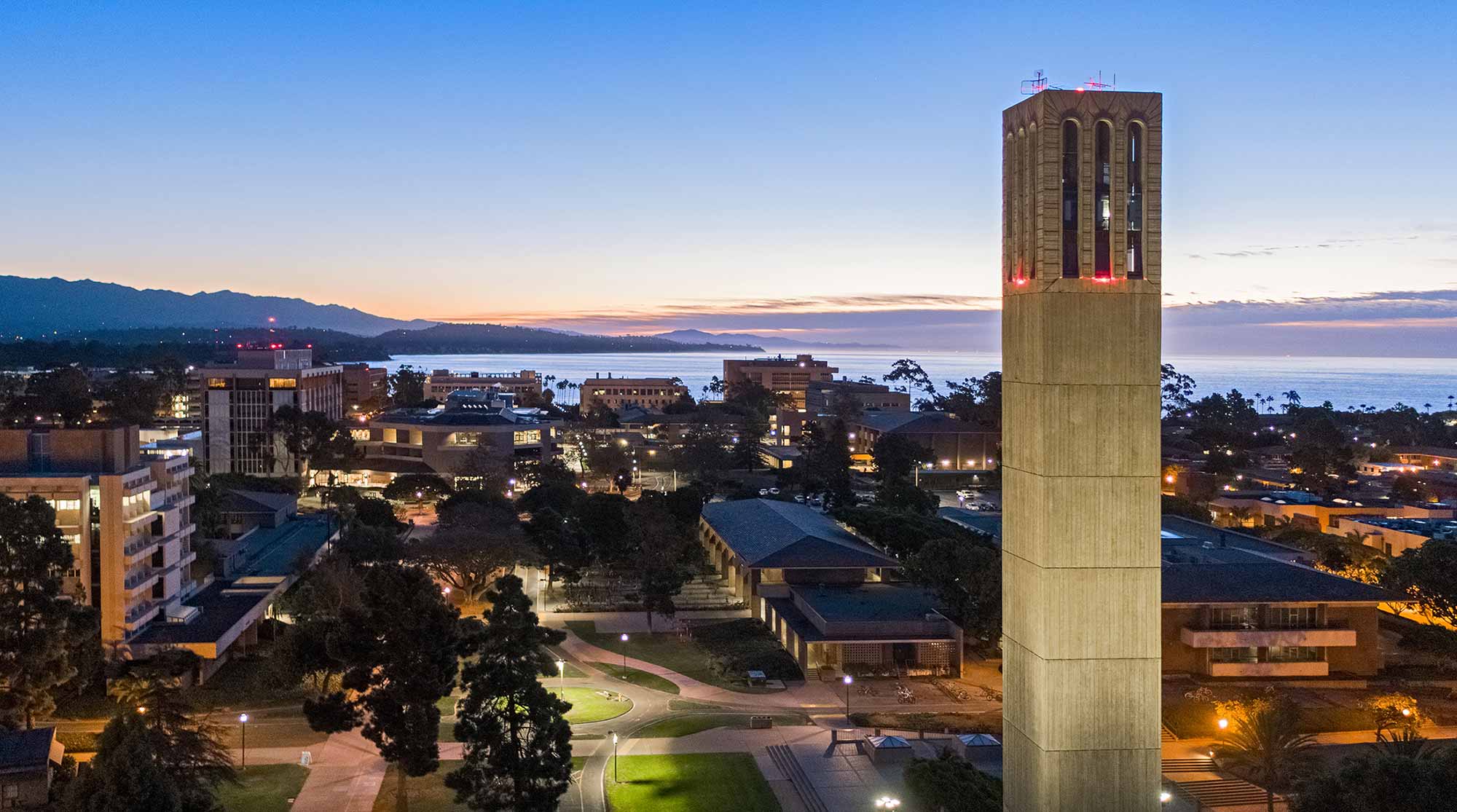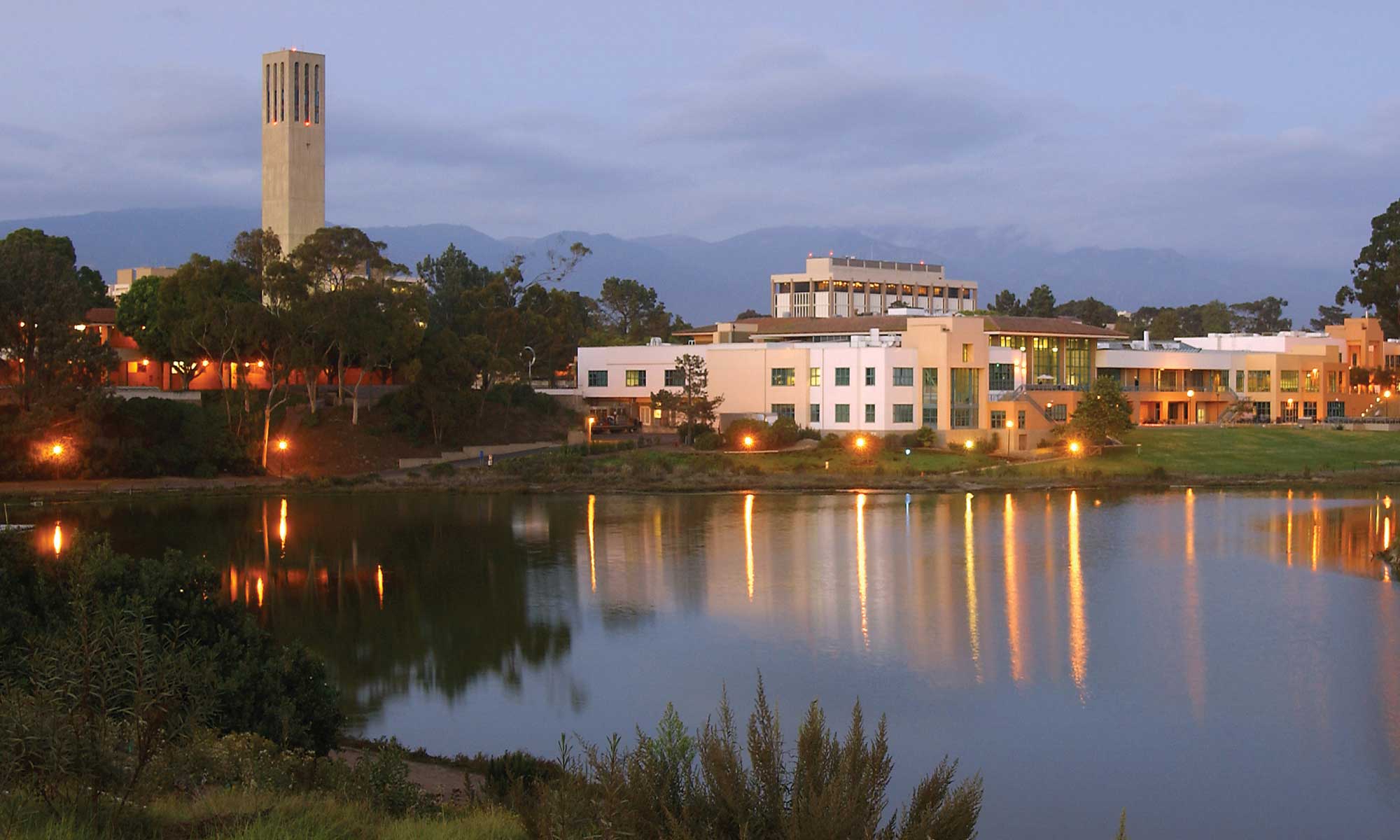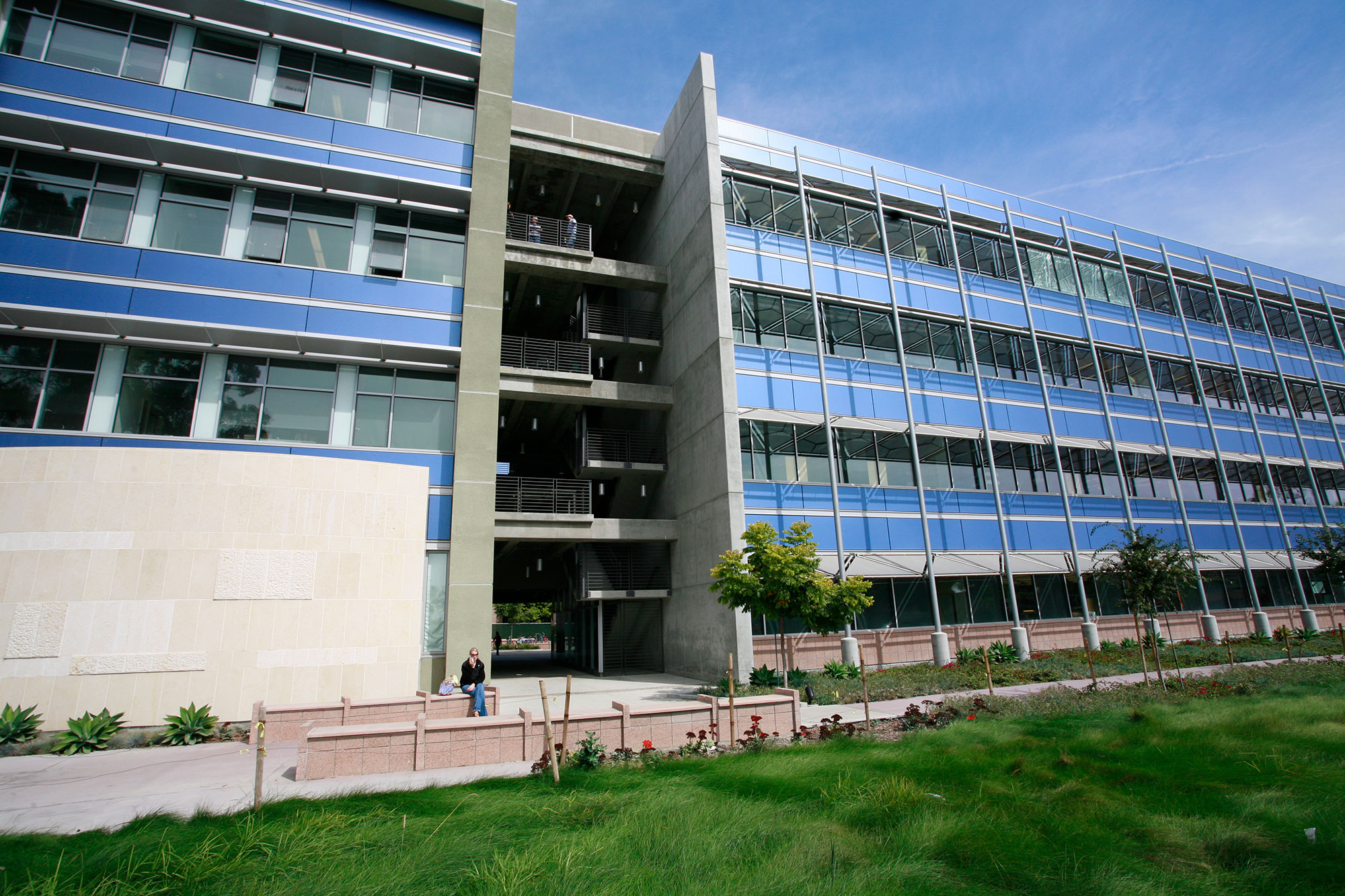Overview
MCDB offers an intensive graduate program awarding Doctoral and Masters degrees. Our emphasis is individual research. More than 30 faculty members offer expertise in microbiology and immunology, plant biology, biochemistry and biomaterials, neuroscience, genetics and genomics, cell biology, biomedical sciences, developmental and stem cell biology, and systems and quantitative biology. MCDB offers two Masters programs: by Thesis, emphasizing laboratory or education research, or a Project emphasizing coursework.
PhD students do three lab rotations before selecting a thesis lab. A rigorous academic curriculum includes classes that provides a broad foundation in biology using current research papers. The following years allow individualized training. You select among journal clubs and advanced courses in MCDB or sister departments to customize your education. You attend research seminars and retreats, with opportunities to teach, present your work, and practice grant writing.
This is a powerful research department small enough to provide individual attention, and the graduate students are an integral, valued part of our growing community. We look forward to meeting you.
And the location is beautiful, too.
Diversity
The MCDB Department is particularly interested in providing educational opportunities for students from diverse backgrounds and from groups that are underrepresented in the biological sciences, as well as military veterans and students with disabilities. If you would like to talk with a current student about their experiences as an underrepresented student within the program, please contact the MCDB Graduate Program Diversity Advocate who will connect you. Please also check out the resources link for more information.
2025-26 Application Cycle Application Deadlines
PhD Deadline: Monday, December 1, 2025
MS Deadline: Monday, February 23, 2026

